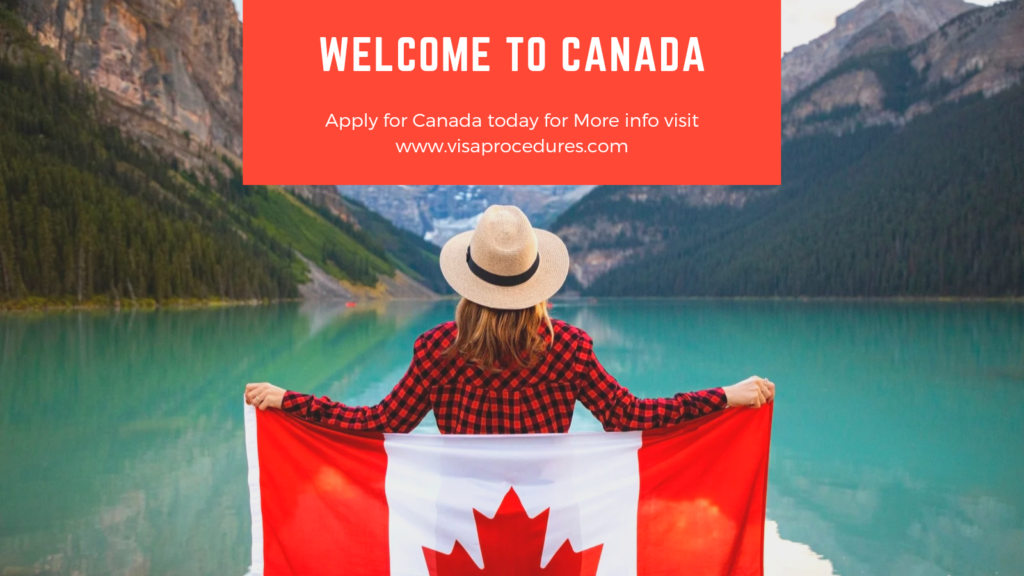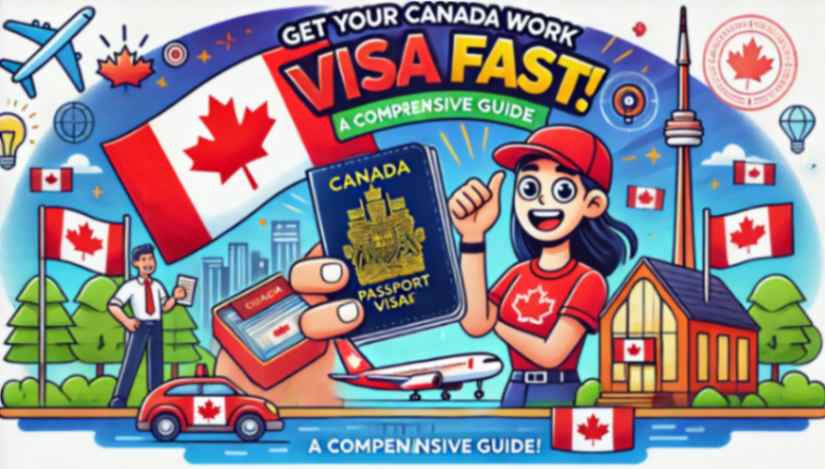Canada’s history is rich and diverse, shaped by Indigenous cultures long before the arrival of European settlers. Indigenous peoples, including the First Nations, Inuit, and Métis, had established complex societies with distinct languages, traditions, and governance structures.
European exploration and colonization began in the 15th century when explorers like John Cabot and Jacques Cartier reached the Canadian shores. However, it was not until the 17th century that permanent European settlements, mainly French and British, were established.
The fur trade played a significant role in early Canadian history, with French and British interests competing for control.
The Seven Years’ War (1756-1763) resulted in British control over Canada, and the subsequent Royal Proclamation of 1763 recognized Indigenous land rights and laid the foundation for British governance.
The influx of Loyalists following the American Revolution further shaped Canada’s demographic and political landscape.
In 1867, the British North America Act united the provinces of Canada, Nova Scotia, and New Brunswick into the Dominion of Canada, a self-governing entity within the British Empire.
This marked the birth of the modern nation. The westward expansion, completion of the Canadian Pacific Railway, and the negotiation of treaties with Indigenous peoples were key developments during this period.
The late 19th and early 20th centuries saw waves of immigration, economic growth, and the building of a transcontinental railway. Canada played a significant role in both World Wars, contributing to the Allied victory and emerging as a respected global player.
The post-war era witnessed social and economic changes, including the introduction of universal healthcare and the establishment of bilingualism as a national policy.
The 1982 patriation of the Canadian Constitution and the addition of the Charter of Rights and Freedoms marked a significant step towards full Canadian sovereignty.
In recent decades, Canada has been characterized by multiculturalism, progressive social policies, and a commitment to peacekeeping. Indigenous rights, reconciliation, and environmental sustainability have become important national discussions.
This overview provides a glimpse into the diverse and evolving history of Canada, from Indigenous civilizations to a modern, multicultural nation that continues to shape its identity on the global stage.
10 Reason Why you should move Canada.
Here are ten reasons why someone might consider moving to Canada.
- Quality of Life: Canada consistently ranks high in global quality of life indices. With its excellent healthcare system, low crime rates, and overall safety, Canada is known for providing a high standard of living.
- Diverse and Inclusive Society: Canada is celebrated for its multiculturalism and inclusivity. The country embraces diversity, fostering a welcoming environment for people of various ethnicities, religions, and backgrounds.
- Education Opportunities: Canada boasts world-class educational institutions. Its universities consistently rank among the best globally, offering a range of programs and research opportunities.
- Strong Economy: The Canadian economy is stable and diverse, with thriving industries in technology, natural resources, finance, and healthcare. Employment opportunities are available across various sectors.
- Beautiful Landscapes: From the stunning Rocky Mountains to picturesque coastlines and vibrant cities, Canada is endowed with breathtaking landscapes. Nature lovers will find a vast playground for outdoor activities.
- Safe and Peaceful Environment: Canada is known for its safety and low crime rates. The country’s commitment to maintaining peace and order contributes to a sense of security for its residents.
- Universal Healthcare: One of Canada’s defining features is its publicly funded healthcare system. Residents have access to medical services without the burden of exorbitant healthcare costs.
- Robust Social Services: Canada places a strong emphasis on social welfare. Comprehensive social services, including unemployment benefits, childcare support, and public pension programs, contribute to a well-supported society.
- Clean and Green Living: Canadians value environmental sustainability. The country is committed to conservation efforts, renewable energy, and eco-friendly practices, providing a clean and green living environment.
- Friendly and Welcoming Culture: Canadians are known for their politeness and friendliness. The welcoming nature of the people creates a sense of community and belonging for newcomers.
These reasons collectively make Canada an attractive destination for individuals seeking a high quality of life, diverse experiences, and a welcoming community.
It’s important to note that personal preferences and circumstances may vary, and individuals should conduct thorough research based on their specific needs and priorities before making such a significant decision.
Canada Visa Categories 2024

Canada offers a variety of visa categories to accommodate different purposes of travel and immigration. Here is an overview of some of the key visa categories in Canada:
- Visitor Visa (Temporary Resident Visa): This visa is for individuals who wish to visit Canada for tourism, family visits, or business purposes on a temporary basis.
- Student Visa (Study Permit): International students intending to pursue education in Canada require a study permit. This visa allows individuals to enroll in designated learning institutions.
- Work Visa (Work Permit): Temporary foreign workers need a work permit to work in Canada. There are various programs, such as the Temporary Foreign Worker Program and International Mobility Program, each with specific eligibility criteria.
- Express Entry System: This is not a visa category per se, but a points-based immigration system for skilled workers. Candidates are assessed based on factors like age, education, work experience, and language proficiency. Successful candidates may receive an Invitation to Apply (ITA) for permanent residence.
- Provincial Nominee Program (PNP): Each Canadian province and territory has its own immigration programs to nominate individuals for permanent residence. These programs are designed to address specific regional labor market needs.
- Family Sponsorship: Canadian citizens and permanent residents can sponsor their family members, including spouses, common-law partners, parents, and dependent children, for permanent residence.
- Caregiver Program: This program is designed for individuals who wish to work in Canada as caregivers for children, elderly individuals, or individuals with high medical needs. It includes the Caring for Children Program and the Caring for People with High Medical Needs Program.
- Refugee and Asylum Programs: Canada has programs to provide protection to individuals who are at risk of persecution, torture, or cruel and unusual treatment in their home countries. This includes the Refugee Protection Program and the Asylum Program.
- Business Immigration Programs: These programs cater to individuals with business or entrepreneurial experience who wish to invest or start a business in Canada. Examples include the Start-Up Visa Program and the Provincial Nominee Program for Entrepreneurs.
- Super Visa: This is a long-term visitor visa for parents and grandparents of Canadian citizens or permanent residents. It allows them to stay in Canada for up to two years at a time.
It’s important to note that immigration policies and programs can undergo changes, so individuals considering moving to Canada should check the official website of Immigration, Refugees, and Citizenship Canada (IRCC) for the most up-to-date and accurate information. For More Info visit our Blog



